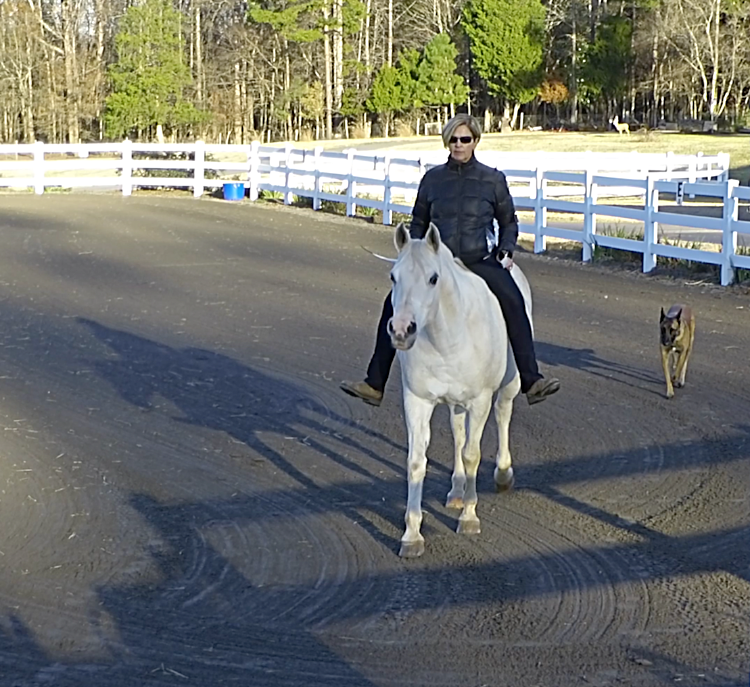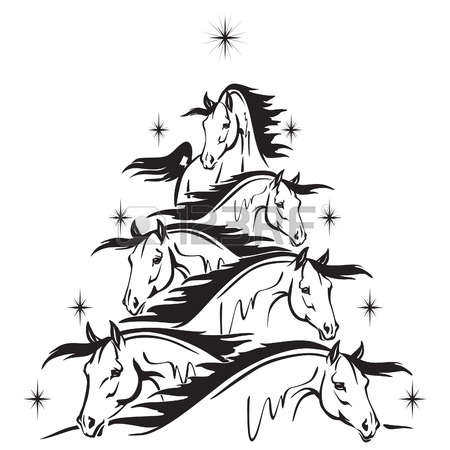THE BEST TRAINING SKILL YOU CAN DEVELOP
Today I was riding Shadow completely at liberty, bareback and without a bridle. Since I had no "control" over him, I needed all of his focus and cooperation. It was clear from the start that he wasn’t interested in responding to my requests. He was simply trying to anticipate what I might ask of him so that he could get a treat. I ignored his behavior for awhile, patiently waiting for him to focus on my requests. The day was beautiful and I had hoped to spend it on Shadow's back. Additionally, I had a brand new camera that I was excited to try out. Despite what I might want, I always believe in listening to my horses. As I tuned into Shadow's feelings, I decided to dismount and forego my agenda for the day. Ultimately horse training is not about any particular method. Nor is it about whether we choose to go bitless or shoeless and whether or not we choose to ride on our horses' backs. Horse training is all about LISTENING.
As simple as it may seem, LISTENING will let you know how your horse wants to be trained, or as Shadow let me know, does not want to be trained. As I later reflected on this session, I realized that just prior to working with Shadow, the gate had accidentally opened and all the other horses came running. I closed them in their stalls just before I began to play with him. This was about an hour before their normal feeding time. Upon further reflection, I realized that the normal routine of bringing the horses into their stalls led them to think that it was feeding time. Shadow was trying to tell me that it was his feeding time too. Thus, he anticipated my requests doing anything he could think of to get food. I did not fully make these connections until after I had made the decision to dismount.
When you make the effort to listen to your horse, he will unfailingly teach you to be a good trainer. In my session today, Shadow was not being "bad" or unwilling, he was merely distracted by his normal routine. Shadow let me know that I was not HEARING him. The Art of LISTENING: so simple, yet so difficult yet all of us can cultivate this skill. Making an effort to develop your listening skills will lead you toward becoming the best possible horseman that you can possibly be! As horses feel that you want to understand them, they relate to you on a deeper level.
Although horses can be quite vocal, they don’t whine, howl, bark, or chirp as many other animals do. Typically, they are non-verbal but express their feelings in many other ways. For example, horses may use motion to communicate with you. If you can't catch your horse, he obviously does not want to be caught. If a horse that is typically focused during training is suddenly unfocused, it is important to uncover the reason that he is distracted. Our horses have all the answers if we simply take the time to LISTEN.
Developing the patience to listen is not easy. We naturally seem to default to the rationalization that our horses are being BAD even thought they are simply trying to communicate. Horses will always tell us what they need if we are willing to listen.
This is my last blog for this wonderful year which will soon be ending. I hope each and every one of you has a very special Christmas in the company of family and loved ones (two-legged and four legged alike).
I wish you all PEACE and a beautiful New Year,
Linda


